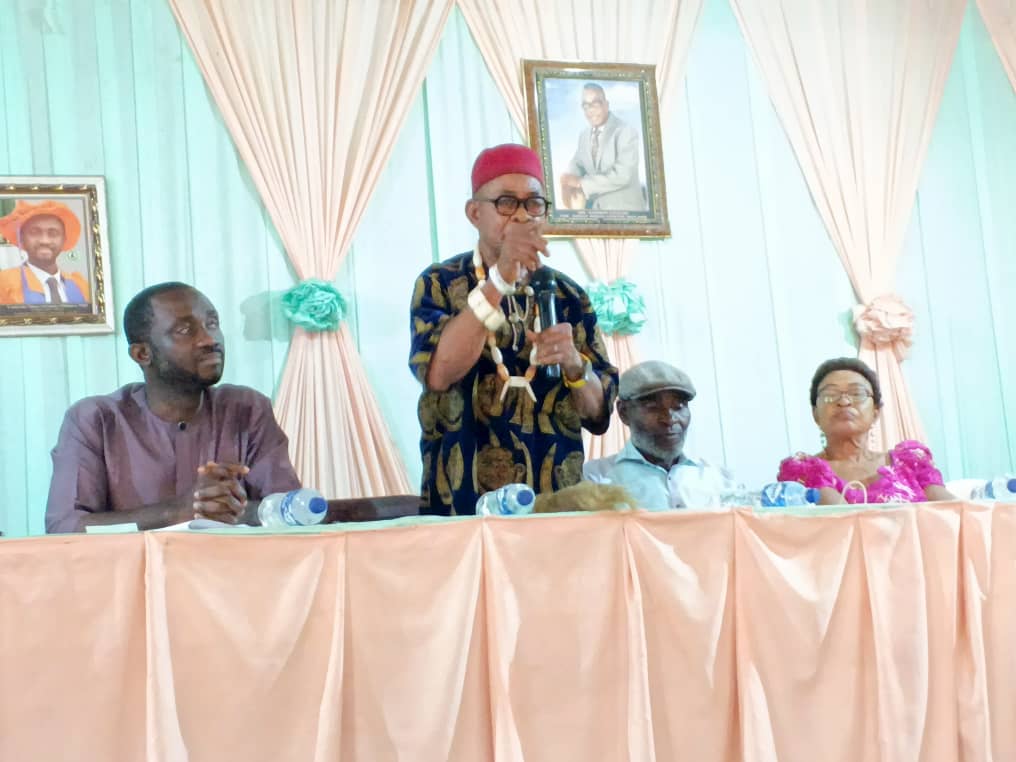…. Says No Extra Scans Needed For Women With Dense Breast Tissue.
Citing rising breast cancer rates in young women, an expert panel on Tuesday recommended starting regular mammography screening at age 40, reversing longstanding and controversial guidance that most women wait until 50.
The panel, the U.S. Preventive Services Task Force, finalized a draft recommendation made public last year. The group issues influential advice on preventive health, and its recommendations usually are widely adopted in the United States.
In 2009, the task force raised the age for starting routine mammograms to 50 from 40, sparking wide controversy. At the time, researchers were concerned that earlier screening would do more harm than good, leading to unnecessary treatment in younger women, including alarming findings that lead to anxiety-producing procedures that are invasive but ultimately unnecessary.
But now breast cancer rates among women in their 40s are on the rise, increasing by 2 percent a year between 2015 and 2019, said Dr. John Wong, vice chair of the task force. The panel continues to recommend screening every two years for women at average risk of breast cancer, though many patients and providers prefer annual screening.
“There is clear evidence that starting screening every other year at age 40 provides sufficient benefit that we should recommend it for all women in this country to help them live longer and have a better quality of life,” said Dr. Wong, a primary care clinician at Tufts Medical Center who is the director of comparative effectiveness research for the Tufts Clinical Translational Science Institute.
The recommendations have come under harsh criticism from some women’s health advocates, including Representative Rosa DeLauro, Democrat of Connecticut, and Representative Debbie Wasserman Schultz, Democrat of Florida, who say the advice does not go far enough.
In a letter to the task force in June, they said that the guidance continued to “fall short of the science, create coverage gaps, generate uncertainty for women and their providers, and exacerbate health disparities.”
Weighing in again on a hotly debated topic, the task force also said there was not enough evidence to endorse extra scans, such as ultrasounds or magnetic resonance imaging, for women with dense breast tissue.
That means that insurers do not have to provide full coverage of additional screening for these women, whose cancers can be missed by mammograms alone and who are at higher risk for breast cancer to begin with. About half of all women aged 40 and older fall into this category.
In recent years, more mammography providers have been required by law to inform women when they have dense breast tissue and to tell them that mammography may be an insufficient screening tool for them.
Hg additional or “supplementary” scans for these patients. But these patients frequently find they have to pay all or some of the charges themselves, even when the additional tests are performed as part of preventive care, which under law should be offered without cost.
For women with dense breasts who are at average risk of breast cancer, recent research indicates that M.R.I. is the best supplemental scan, Dr. Destounis said, “with far better cancer detection and more favorable positive predictive values.”
The college also recommends annual screening for women at average cancer risk, rather than screening every two years as recommended by the panel. The radiologists group is pressing for a recommendation that all women should be assessed for breast cancer risk before age 25, so that women at high risk can start screening even before they turn 40.
Panel Recommends Breast Cancer Screening Should Begin At 40 – Expert Panel




